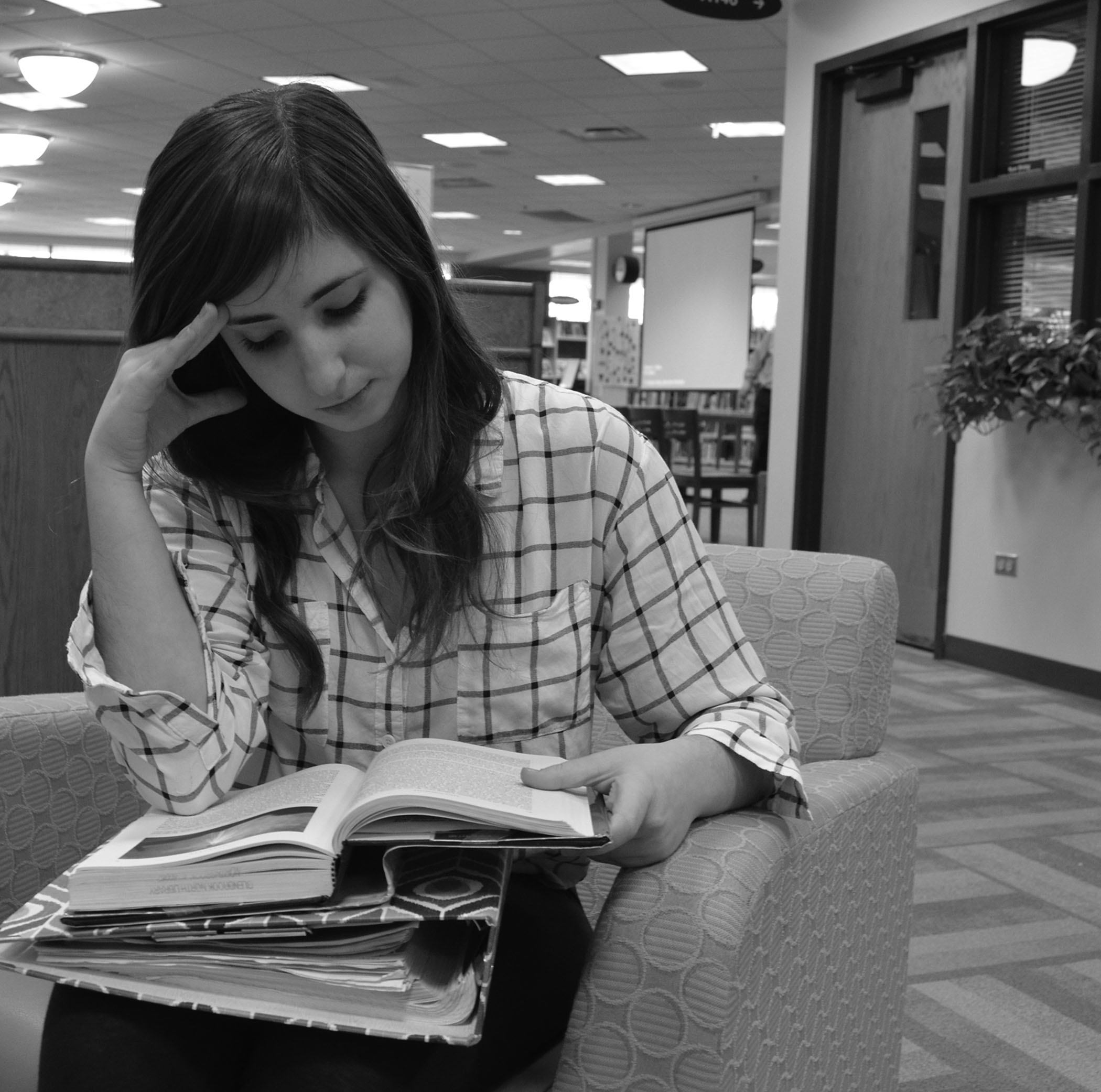
Junior Annie Khodarkovskaya knows what it feels like to study hard for a test yet still feel unprepared.
“The night before my first history test this year, I had my friend that’s in AP U.S. [History] teach me everything for like three hours and I thought I understood [the material],” said Khodarkovskaya. “I got to the test, and it just did not make sense.”
According to John Nestojko, Postdoctoral Research Associate at the Department of Psychology at Washington University in St. Louis, Khodarkovskaya’s study habits are an example of studying hard but not studying smart. Studying hard is not a guarantee that a student understands what he or she is learning, Nestojko said. He said there are ways to study more effectively.
In research conducted by Nestojko and psychologists Dung Bui, Nate Kornell and Elizabeth Ligon Bjork, two groups of participants were given the same passage to read. According to Nestojko, one group was told to prepare for a test the group would have afterwards, and the other group was told to prepare to teach another person the content of the text. When given the test, the group that expected to teach other students ended up with higher scores than the group that only prepared for a test.
“[The second group] also produced information in a more organized way,” said Nestojko. “They tended to lean a little more to producing more of the main points, the more important points.”
The motive for learning affected the outcome because expecting to teach put the participants in a mindset that was more critical and also let them absorb the information in a more efficient way, according to Nestojko.
The best way to study, he said, is testing yourself while learning.
“Testing improves our own memory,” said Nestojko. “Every time we retrieve a piece of information from our own minds, that information gets altered and it gets straightened. So the biggest advice is to test yourself repeatedly on the information that is going to be used later. That is literally one of the best things we know about right now to improve long term retention of information.”
A way to test oneself is to simply make flash cards or solve extra math problems rather than rereading notes, said Nestojko.
Kornell, who participated in the study with Nestojko, is an assistant professor of Cognitive Psychology at Williams College and said studying is most effective when spread out over periods of time.
“When people want to study, they want to sit down and work through one topic and really get it down,” said Kornell. “But if you are going to go over something a bunch of times, that’s the least effective way to do it. The more effective way to do it is to stop and study or do something else…and then study it again.”
According to Kornell, this method, known as spacing, requires proper time management and planning.
When asked about how a student should study in a given time frame of two hours the night before a test, Nestojko remarked that the student should not have put himself or herself in that situation in the first place.
Khodarkovskaya said she and her friends understand how to study effectively, but the problem is the lack of time students are given to study.
“Time management is a big thing,” said Khodarkovskaya. “I’ll have too much homework some days, or I won’t know when to study or I’ll underestimate the amount of time that I need to study.”
Kornell said he hopes students will take the time to study effectively.
“[Studying effectively] is harder,” said Kornell. “Again, it’s a productive struggle, but you’ll learn much more if you do it that way.”

